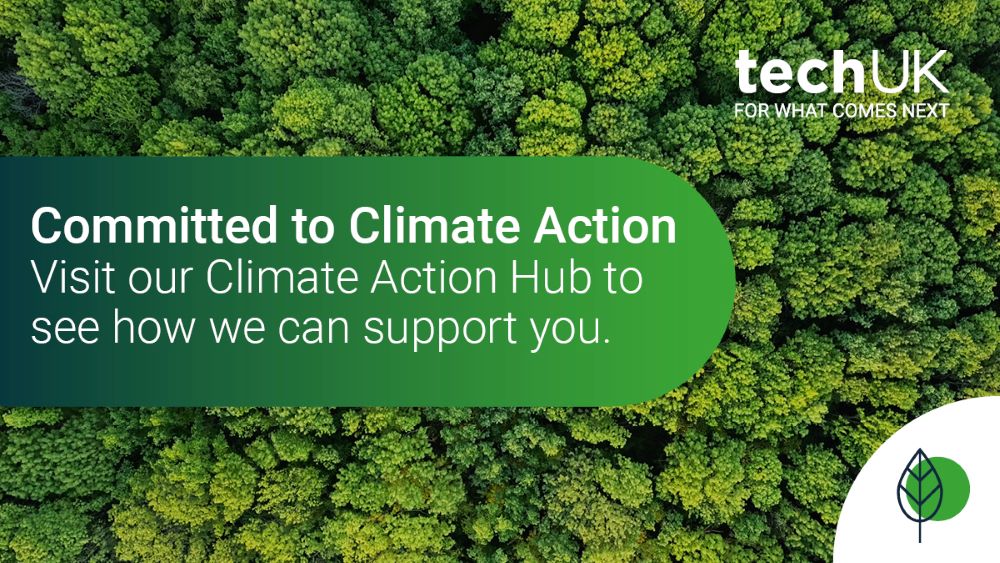Earth month: Bridging the gap between goals and action (Guest blog from Kyndryl)
As April was widely recognised as ‘Earth Month,’ the significance of sustainability practices across businesses were once again at the forefront of global attention. With reports that February 2024 was the hottest on record, and with global temperatures surpassing the critical climate threshold, it is more important than ever that companies evaluate their environmental impact and include sustainability considerations into their core business strategies.
The recent Global Sustainability Barometer study, conducted by Kyndryl and Microsoft, highlights the disconnect between intention and action in UK organisations. Despite a significant number of respondents (74%) placing a high strategic importance on sustainability, actual integration remains shockingly low, with only one in five (20%) actively incorporating sustainability into their strategies and data.
In fact, many countries may miss their 2050 net-zero goals meaning urgent action is required. Businesses are increasingly recognising the central role of technology in driving sustainable solutions, such as assessing the carbon footprint of IT estates or leveraging big data analytics and AI to provide insights into energy consumption patterns. Nevertheless, fewer than half (45%) of businesses surveyed by the Barometer study believe they are fully leveraging their IT to help manage sustainability issues.
According to the Sustainability Barometer study, Artificial Intelligence (AI) has emerged as a key tool for sustainability, with over half of the UK businesses surveyed are using AI and machine learning to identify opportunities to manage emissions, reduce carbon footprints and monitor energy usage. Because of its ability to transform vast amounts of data into actionable information, AI is proving to be a breakthrough in the quest to make enhanced data-driven decisions on sustainability. However, challenges still persist, with nearly half (47%) of UK businesses struggling to integrate AI solutions into existing systems for managing environmental data.
The Barometer also highlights the importance of employee engagement to sustainability initiatives. While organisations employ customer sustainability programs widely, just over half (56%) prioritise employee education and training in environmental measures. And in the UK, only 25% of employers leverage employee engagement as part of their sustainability initiatives. To help address this disparity, companies can provide internal and external programs that both educate employees on greenhouse gas emissions and enable them to contribute to achieving net zero commitments.
Whilst UK businesses widely acknowledge their impact on the environment, integrating sustainability into their core business strategies remains a challenge. To help close these gaps, business and government must work together to use technology effectively, enhance internal capabilities and prioritise employee engagement. Only through collaborative action can the UK progress towards its sustainability goals and ensure a greener business future.
techUK - Committed to Climate Action
Visit our Climate Action Hub to learn more or to register for regular updates.
By 2030, digital technology can cut global emissions by 15%. Cloud computing, 5G, AI and IoT have the potential to support dramatic reductions in carbon emissions in sectors such as transport, agriculture, and manufacturing. techUK is working to foster the right policy framework and leadership so we can all play our part. For more information on how techUK can support you, please visit our Climate Action Hub and click ‘contact us’.
Upcoming climate events
Latest news and insights
Get our climate insights straight to your inbox
Sign-up to get the latest updates and opportunities from our Climate, Environment and Sustainability programme.
Contact the team
Learn more about our Climate campaign










